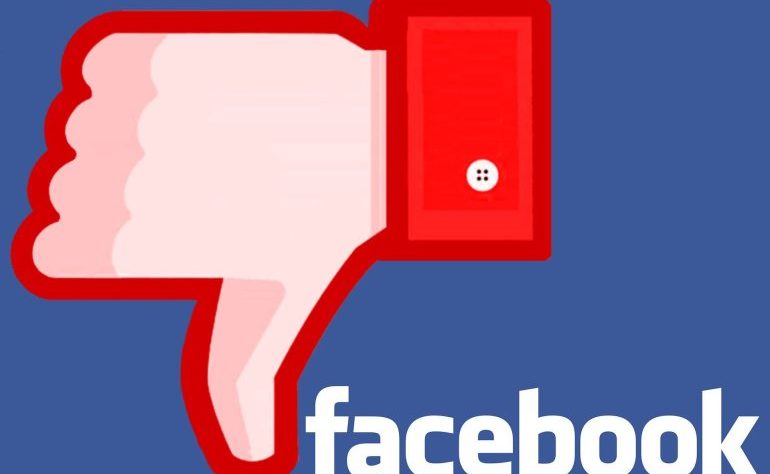When it comes to search, Facebook’s focus was, is, and apparently always will be on the idea of “friend search.” That’s the main conclusion you draw from reading paidContent’s interview with Akhil Wable, the man leading Facebook’s search product. Friend search is becoming a core part of the social web experience, and it’s an area […]
Friend search is becoming a core part of the social web experience, and it’s an area where other companies are trying to compete with Facebook on some levels. Yahoo just announced an update to Yahoo Profiles with a focus on sharing and finding out what friends are doing. Google Reader has friend sharing features built in. And “friend search” is what FriendFeed is all about, which is certainly why Facebook bought FriendFeed last month.
In the paidContent interview, Wable says Facebook’s focus on friend search won’t change:
“When we look at where Facebook provides value it really is understanding the user, the things they care about, things that they are connected to. That, sort of, will always be the core focus.”
Late last year, Facebook further integrated web search when it allowed users to search the web via Live Search (now Bing) without leaving Facebook. Wable pretty much sidesteps the question about how many have Facebook users have tried the Bing web search (“In general, I would say they get used”), and downplays the presence of Bing results on Facebook as little more than filler.
“I think Bing is not front and center. (It) sort of adds value to what search is already doing. It definitely isn’t core. It definitely isn’t the most popular thing that people are clicking on but it’s definitely adding enough value that we actually put it in the product.”
Wable says he doesn’t see Twitter search or Google as competitors at this point because of Facebook’s focus on friend search.
Speaking of Google, though, DailyFinance ran an article Thursday that asks if Facebook might “kill Google” in the advertising space. The article shares anecdotal stories from small advertisers who’ve found more success with Facebook ads than Google AdWords. But it’s a David vs. Goliath question at this point, and if Google were concerned, they could quite easily share exponentially more stories of small advertisers who found the opposite to be true — more success with AdWords than Facebook.


